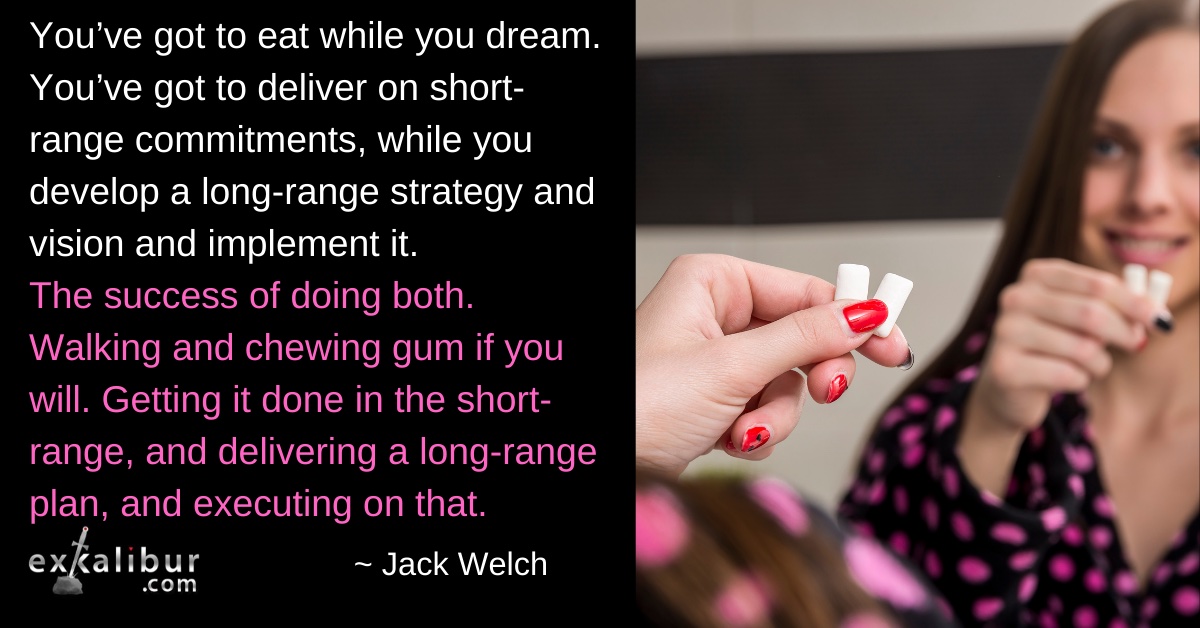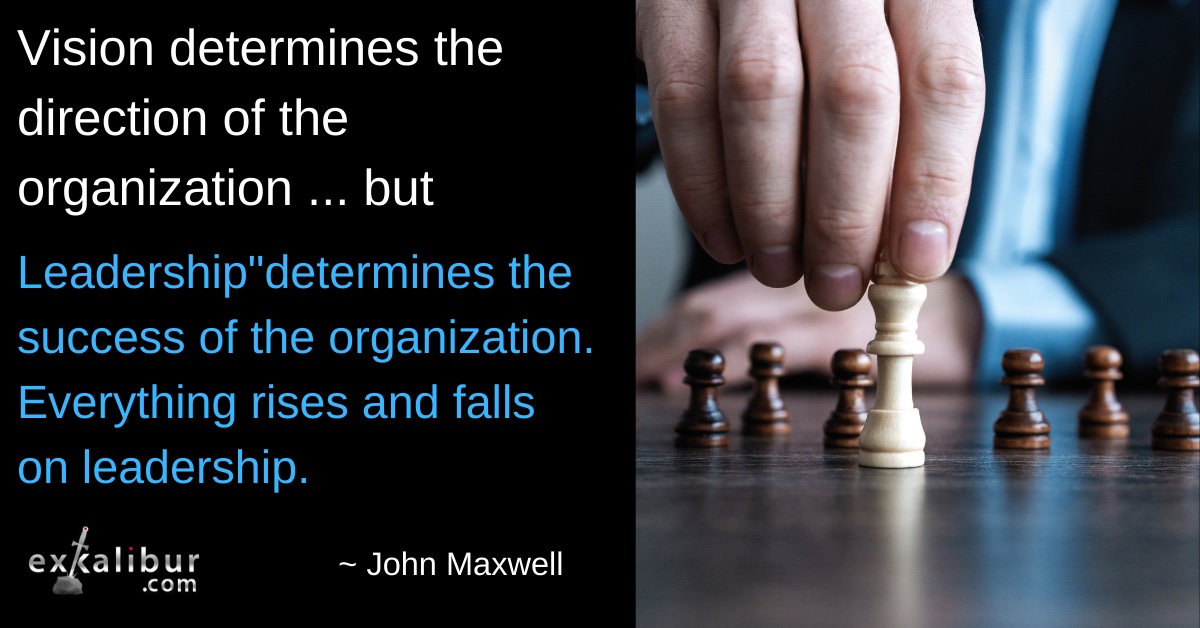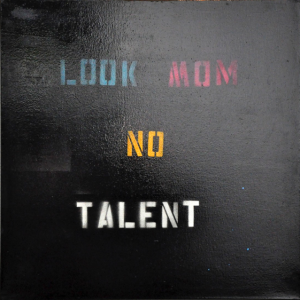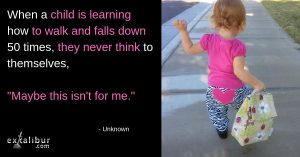There’s nothing more important … or more challenging … than the need to balance short-term results with long-range plans. H ow is your organization focused? Are you encouraging long-range thinking or only what happens this week?

Do you have the Attention Span of a Mosquito?
How often are you distracted from a specific task … or distracted simply by knowing there are too many distractions?
When was the last time you pulled out that blank sheet of paper to THINK, you know, that old-fashioned approach to problem solving and the creative process?
Do you get why some people think Google is making us stupid?
All of these notions are but variations on a theme … our increasingly short-term focus.
We’re trying to do too much … keep tracking of a lot of stuff, fending off the intruders that keep pouring over the horizon … fighting today’s fires but missing the extraordinary value of a long-term perspective.
“Our Time Horizon is Forever”
I’ve written often about Warren Buffet’s shareholder letters and if you’ve never read one, you’ll find them very insightful and will lessons you can apply to your own business.
Buffett is well known for his long-term perspective, which infuses such homilies as,
“At Berkshire, our time horizon is forever”,
“To finish first you must first finish”.
Who else will balance the Short Term vs. the Long Term?
The key to success, in both business as well as in life, is to balance the need for short-term performance with the long-term perspective that creates a lasting business.
In our discussions about leadership, we have often referred to what only the CEO can do and I have repeatedly urged you to focus on those special things that ONLY YOU can do.
Both Peter Drucker in The American CEO (full article may require WSJ login), supplemented by A.G. Lafley, former CEO of P&G, have written about what only the CEO can do … and one of their key findings is the importance of the balance between short and long-term objectives. (Full article must be purchased from HBR. It’s well worth it.)
The most important thing you must do
This balance between short and long-term thinking is correctly identified as one of the most important roles that a CEO must fulfill … because no one else has the knowledge, both inside and outside of the organization, to provide that balanced perspective.
Would you act differently?
What would you do differently as a leader (and in other aspects of your life) if your time horizon was truly long-term?
What decisions would you make differently if you were thinking about what your business would look like in 5–10 years rather than next week?

Give it a try this week
My bet is your decisions would be quite different.
Try it this week.
When you’re wrangling with a vendor about the price on a particular product, stop and reflect on how it affects your long-term vision:
- Are you trying to capture every last nickel every time?
- Is this deal in the best interest of a mutually beneficial vendor relationship?
- Does it promote the longer term customer relationship you’re seeking?
The difference between long-term relationships and short-term performance
You may be of thinking … “easy for you to say”.
“If we don’t get these next few sales this month, we may not be able to make payroll” … or some variation on that theme.
“We’ve got bills to pay, investments we need to make right now. We can’t ignore that for what we might be able to achieve down the road.”
You’ve got to be present to win
There’s no question that current performance is life-sustaining.
We can’t ignore it … but we can be mindful of our long-term goals and make sure that a quick buck in the short-term isn’t destroying our ability to build a lasting business.
The vendor example is but one poignant reminder of the conflict between doing the right thing and thinking only of today’s success.
What is your perspective?
What are you doing to think long-term? Think strategically?
Are you encouraging your team to think long-term or is this month’s performance the only thing on every one’s mind?
Does it make any difference?
Maybe it’s time to lace that triple espresso with a long walk?
You’ve got to eat … but you need to dream while you’re doing it!
Question: What are you doing to make sure your team is thinking beyond today’s performance?
How would you answer that? Let me know and we’ll build on that to expand our discussion of these ideas and concepts. If you’re active there, you can connect with me on LinkedIn. You can also find me on our Building a Business page on Facebook or on Twitter.




